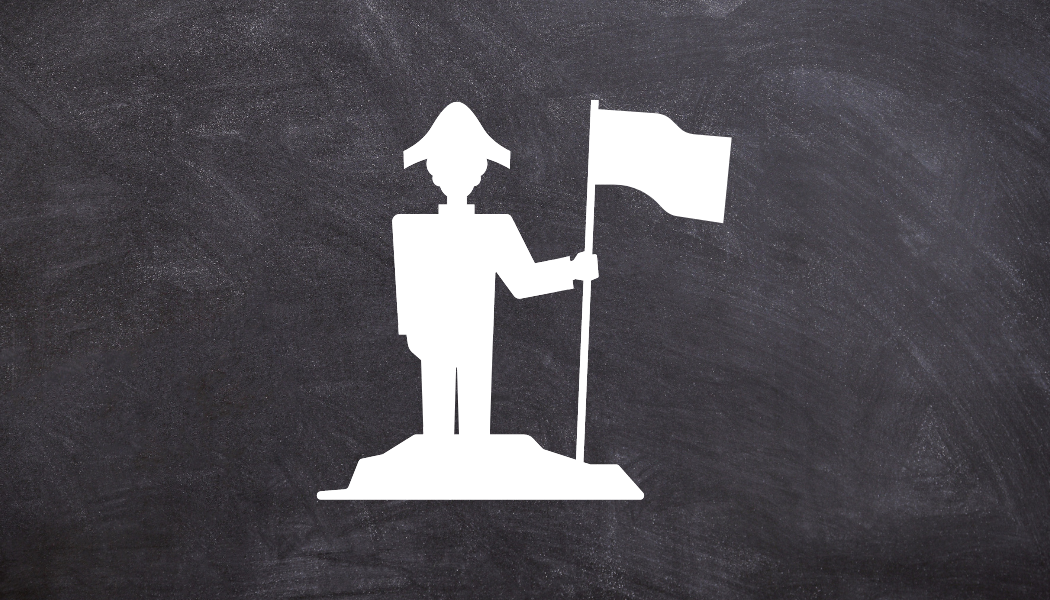


Approximately in the 1500s the european powers started to colonize various parts of the world. The colonizer countries could have made different effects on their colonies: the influence of european countries was felt more or less. Even though they tried to end the colonial system after World War II, most of the time seems to be a closed case. The cultural, political and mainly economic impressions of the inhabitants of the once colonized countries can be observed to this day.

* The Soviet Union was not a colonial power (which is why it was in its interest to support the independence of the colonies), but it managed to spread its ideological and economic model to many different parts of the planet. Romania, Hungary, Slovakia, Poland, Belarus, Russia, Ukraine, Bulgaria, Georgia, the Czech Republic and today China, Cuba and Vietnam operate under the communist system that was born in the Soviet Union.
In 62% of the communist countries, they specify what can be taught.
Of countries that were independent, i.e. not colonies, 72% are free to decide what to teach. These countries are Austria, France, England, the Netherlands, Serbia, Japan, Iran, Kazakhstan, the United States, Finland, Italy, Germany, Switzerland and the United Kingdom.
A chart showing textbook use without linking it to the colonial situation is available at this link: https://www.tothannabodza.com/tananyag/

Leave a Reply